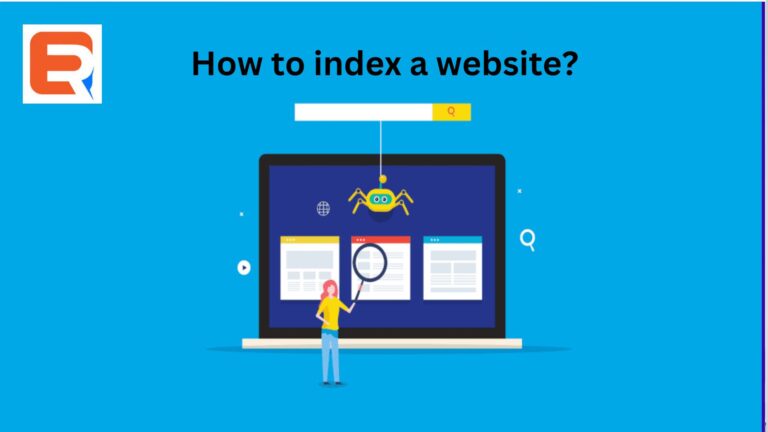Indexing is a fundamental aspect of search engine optimization (SEO) that allows search engines to discover, analyze, and include your website’s pages in their search results. A well-indexed website increases visibility, organic traffic, and overall online presence. In this article, we will provide a clear theoretical guide on how to effectively index a website, ensuring its visibility and accessibility to search engines.
Understanding Website Indexing
Website indexing is the process by which search engines systematically crawl and catalog web pages to create an index, which serves as the basis for search results. Search engine crawlers, also known as bots or spiders, visit websites, follow links, and analyze content to determine relevance and ranking. The indexed pages are then considered for inclusion in search results when users perform relevant queries.
Create a Sitemap

A sitemap is a file that provides search engines with an organized and structured overview of your website’s pages and their relationships. It helps search engine crawlers navigate and understand your site’s structure more efficiently. Creating a sitemap ensures that all your pages are discovered and indexed accurately. You can generate a sitemap manually or utilize online tools and plugins to create one automatically.
Optimize Website Structure and Content
To enhance indexing, ensure that your website has a clear and logical structure. Organize your content into categories, use descriptive headings, and create an intuitive navigation system. Additionally, optimize your content by incorporating relevant keywords naturally within titles, headings, and body text. This optimization improves the search engine’s understanding of your website’s purpose and relevance.
Utilize Metadata
Metadata provides additional information about your web pages and helps search engines understand their content. Include relevant meta tags, such as meta titles and meta descriptions, for each page. A well-crafted meta title summarizes the page’s content concisely, while a compelling meta description entices users to click on the search result. Utilizing metadata correctly enhances the indexing and click-through rates of your pages.
Build Quality Backlinks
Backlinks, also known as inbound links, are links from other websites that point to your site. Search engines view backlinks as a measure of authority and relevance. Focus on building high-quality backlinks from reputable and relevant websites. Engage in content marketing, guest blogging, and networking with industry influencers to attract quality backlinks. These backlinks increase the chances of your website being discovered and indexed by search engines.
Submit Your Website to Search Engines
Although search engines typically discover websites through crawling, manually submitting your website can expedite the indexing process. Submit your website to popular search engines like Google, Bing, and Yahoo through their respective webmaster tools. This action ensures that search engines are aware of your website and can initiate the crawling and indexing process promptly.
Monitor and Optimize
Regularly monitor your website’s indexing status using webmaster tools, such as Google Search Console. These tools provide insights into which pages are indexed, how often they are crawled, and any indexing errors or issues that need attention. Address any indexing problems promptly, such as pages blocked by robots.txt or duplicate content issues. Continuously optimize your website based on search engine guidelines to maintain a strong indexing performance.
Provide a Positive User Experience
Search engines prioritize websites that provide a positive user experience. Ensure that your website is well-designed, mobile-friendly, and optimized for fast loading speeds. A seamless user experience not only contributes to better indexing but also increases user engagement and satisfaction, leading to higher rankings in search results.
Conclusion
Effective website indexing is a vital component of SEO that allows search engines to discover and include your web pages in search results. By implementing the strategies outlined in this theoretical guide, such as creating a sitemap, optimizing website structure and content, utilizing metadata, building quality backlinks, and monitoring indexing status, you can maximize the visibility and accessibility of your website to search engines. Continuously enhance your website’s user experience and stay up-to-date with search engine guidelines to ensure long-term indexing success and drive organic traffic to your site.




